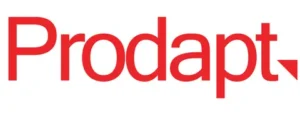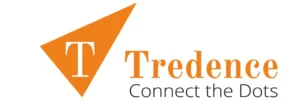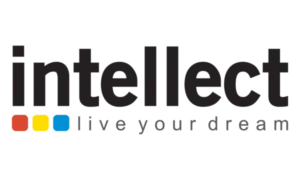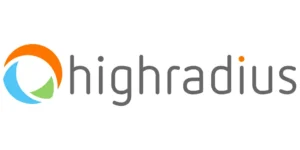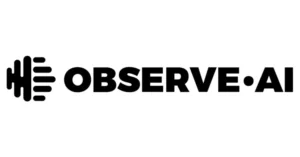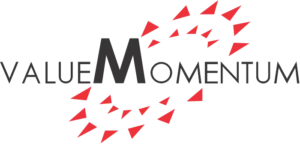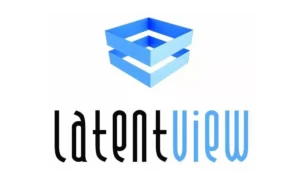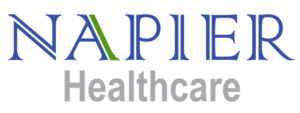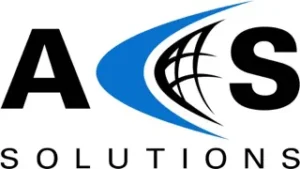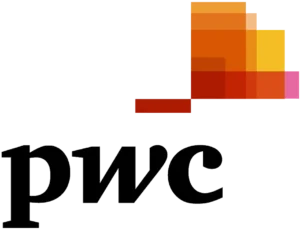A Python Certification Course is an ideal choice for those aiming to build or enhance their careers in programming, data science, web development, or automation. Python’s simplicity and versatility make it one of the most popular programming languages across industries. Through a structured Python course, learners gain practical coding skills, problem-solving abilities, and hands-on project experience. Earning a certification showcases your expertise and increases opportunities in IT, machine learning, AI, and software development. A Python certification course equips learners with industry-relevant knowledge, making them job-ready and confident to take on real-world challenges in today’s competitive technology landscape.
Python Certification Course
Have Queries? Ask our Experts
+91 89256 88858
Upcoming Batches
Hands On Training
3-5 Real Time Projects
60-100 Practical Assignments
3+ Assessments / Mock Interviews
January 2026
Week days
(Mon-Fri)
Online/Offline
2 Hours Real Time Interactive Technical Training
1 Hour Aptitude
1 Hour Communication & Soft Skills
(Suitable for Fresh Jobseekers / Non IT to IT transition)
January 2026
Week ends
(Sat-Sun)
Online/Offline
4 Hours Real Time Interactive Technical Training
(Suitable for working IT Professionals)
Save up to 20% in your Course Fee on our Job Seeker Course Series
Quick Enquiry
LET US HELP Find Your Perfect Course

We Tie-Up with 1000+ Leading IT and MNC Companies
This Course Includes
- FREE Demo Class
- 0% EMI Loan Facilities
- FREE Softskill & Placement Training
- Tie up with more than 500+ MNCs & Medium Level Companies
- 100% FREE Placement Assistance
- Course Completion Certificate
- Training with Real Time Projects
- Industry-Based Coaching By MNC IT Professionals
Expected Criteria for Assured Placement
The following criteria help the placement team guide the candidates to get placed immediately after the course completion through SLA Institute.
- 80% of coursework completion helps us arrange interviews in required companies.
- 2 or 3 projects to be done for the selected course to ace the technical round effectively.
- Ensure attending the placement training right from the first day of the selected course.
- Practice well with resume building, soft skill, aptitude skill, and profile strengthening.
- Utilize the internship training program at SLA for the complete technical skills.
- Collect the course completion certificate and update the copy to the placement team.
- Ensure your performance indicator meets the expectation of top companies.
- Always be ready with the updated resume that includes project details done at SLA.
- Enjoy unlimited interview arrangements along with internal mock interviews.
Have Queries? Ask our Experts
+91 89256 88858
SLA's Distinctive Placement Approach
1
2
3
4
5
6
Key Features of the Python Certification Course
- Comprehensive Curriculum: Covers Python basics to advanced concepts, including data structures, OOP, and libraries like Pandas, NumPy, and Matplotlib.
- Hands-on Projects: Work on real-time projects to apply coding skills in web development, automation, and data analysis.
- Industry-Relevant Skills: Learn Python for AI, machine learning, data science, and software development.
- Expert Mentors: Guidance from experienced trainers with industry experience.
- Certification: Validate your skills with an accredited Python certification to boost career opportunities.
- Flexible Learning: Options for online or classroom training to suit different learning styles.
- Career Support: Resume building, interview preparation, and job placement assistance.
Future Scope of Python Certification Course
Expanding Career Opportunities
A Python certification course opens doors to a wide range of career paths. Professionals can explore roles in web development, data science, artificial intelligence, machine learning, automation, and software development. The demand for Python-skilled experts continues to grow, making it a valuable addition to any professional’s portfolio.
High Demand Roles
Python proficiency prepares learners for high-demand positions such as Python Developer, Data Analyst, AI/ML Engineer, and Backend Developer. Companies across industries actively seek candidates with practical Python experience to solve real-world problems efficiently.
Growth in Emerging Technologies
Python is widely used in emerging technologies like AI, IoT, and robotics, ensuring strong career growth and long-term relevance. Its versatility and simplicity make it a preferred language for innovation and problem-solving in tech.
Skill Validation and Employability
Earning a Python certification validates your skills and enhances employability. It not only strengthens your resume but also increases opportunities for higher-paying jobs and positions in competitive technology-driven sectors.

Achieve Your Goals With SLA
Tools covered for Python Certification Course
Python IDE
Core syntax, data types, loops, functions, and object-oriented programming.
Jupyter Notebook
Interactive environment for writing, testing, and documenting Python code
NumPy & Pandas
Libraries for numerical computing, data manipulation, and analysis
Matplotlib & Seaborn
Visualization tools for creating graphs, charts, and statistical plots.
Django
Framework for developing web applications and REST APIs using Python.
SQL
Databases for storing, querying, and managing structured data.
Git & GitHub
Version control and collaboration tools for managing projects.
Python Certification Course Course Syllabus
Download SyllabusThe Python Programming Syllabus for Beginners is designed to equip learners with in-depth knowledge of both front-end and back-end technologies. Covering HTML, CSS, JavaScript, Bootstrap, Core & Advanced Python, Django, and MySQL, this course provides hands-on training and real-time projects to build practical skills. Learners gain the expertise needed to develop dynamic web applications and pursue successful careers in full-stack development, data-driven roles, and software engineering.
Module 1: HTML
- Introduction to HTML and its structure
- Common HTML tags: headings, paragraphs, lists, links, images
- Forms, tables, and multimedia elements
- Semantic HTML & HTML5 features like audio, video, and canvas
- Best practices for clean and accessible web pages
Module 2: CSS
- CSS fundamentals: selectors, properties, and values
- Styling text, backgrounds, borders, and spacing
- Layout techniques using Flexbox and Grid
- Animations, transitions, and pseudo-classes
- Responsive design principles for mobile and tablet devices
- Introduction to CSS variables and media queries
Module 3: JavaScript
- Basics of JavaScript: variables, data types, operators, and expressions
- Functions, loops, conditional statements, and event handling
- DOM manipulation and dynamic content updates
- ES6 features: arrow functions, template literals, destructuring
- Form validation, error handling, and debugging techniques
Module 4: Bootstrap
- Overview of Bootstrap and its advantages
- Grid system and creating responsive layouts
- Built-in components: buttons, navbars, cards, modals, and forms
- Utility classes for spacing, colors, typography, and alignment
- Themes, customization, and integrating with HTML/CSS
Module 5: Core Python
- Introduction to Python: installation, syntax, and basic programs
- Data types, variables, operators, and expressions
- Control structures: if-else, loops, and nested conditions
- Functions, modules, and packages
- File handling: reading, writing, and manipulating files
- Exception handling and error management
- Object-Oriented Programming (OOP) basics: classes and objects
Module 6: Advanced Python
- Deep dive into OOP: inheritance, polymorphism, encapsulation, and abstraction
- Python libraries: NumPy for numerical computing, Pandas for data manipulation, Matplotlib for visualization
- Regular expressions, decorators, generators, and context managers
- Working with APIs and JSON data
- Advanced file operations and data processing techniques
Module 7: Django
- Introduction to Django framework and MVC (MVT) architecture
- Project setup and folder structure
- Creating models, views, and templates (MVT)
- Forms, user authentication, and session management
- CRUD operations: Create, Read, Update, Delete
- Building RESTful APIs with Django REST framework+
- Deployment basics on cloud platforms
Module 8: MySQL
- Introduction to relational databases and MySQL
- Creating databases and tables with appropriate data types
- Performing CRUD operations: Insert, Select, Update, Delete
- Queries: filtering, sorting, and joining tables
- Indexing, constraints, and data integrity
- Integrating MySQL with Django for dynamic web applications
Project Practices on Python Certification Course Training
Project 1Library Management System
Create a Python-based library management system to handle book inventory, track borrowed books, and manage user registrations efficiently.
Project 2Weather Forecasting App
Develop a weather forecasting application using Python and APIs to display real-time weather updates and predictions for selected cities.
Project 3Expense Tracker
Build an expense tracker with Python to record daily expenses, categorize spending, and generate monthly budget reports for personal financial management.
Project 4Social Media Analytics Tool
Design a Python tool to analyze social media data, track engagement metrics, and visualize trends for improved content strategy planning.
SLA is a Cetriport Authorised Training & Certification Partner for:

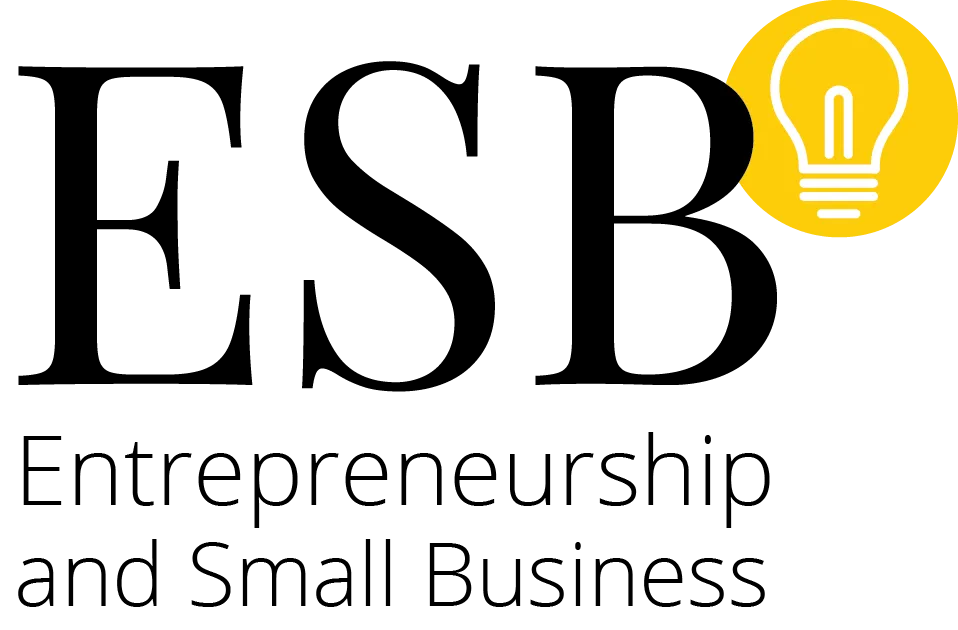
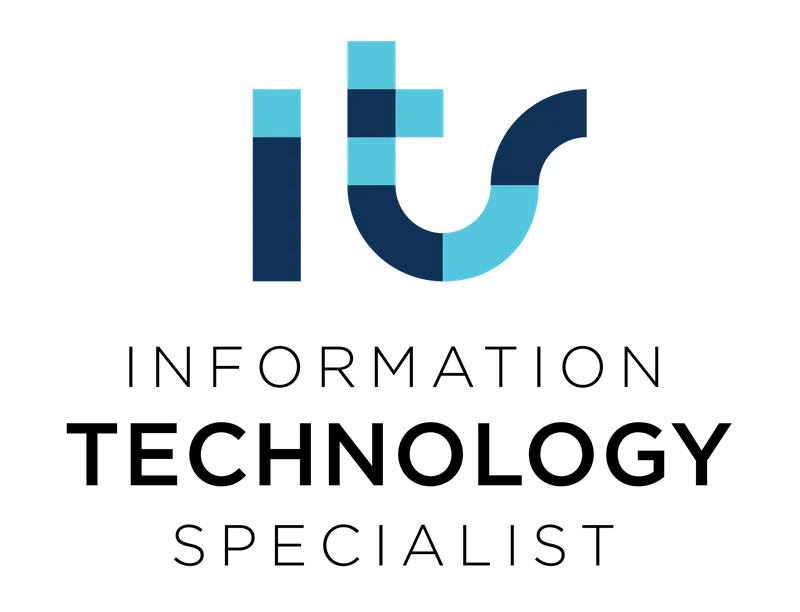

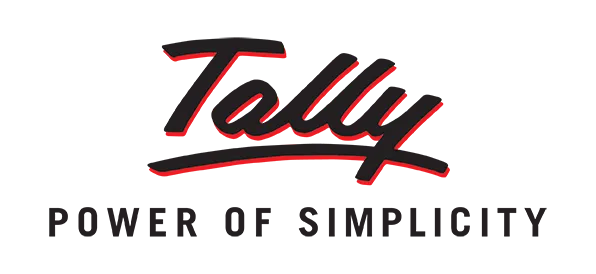

Want to learn with a personalized course curriculum?
The Placement Process at SLA Institute
- To Foster the employability skills among the students
- Making the students future-ready
- Career counseling as and when needed
- Provide equal chances to all students
- Providing placement help even after completing the course
Trainer Profile
- Industry Experience: Over 8 years of experience in Python, Django, and full-stack development across web, data science, and automation projects.
- Practical Expertise: Skilled in real-time project development, covering front-end, back-end, databases, and API integration.
- Professional Background: Worked as a senior Python developer in top IT company, following industry best practices.
- Teaching Experience: 5+ years of training and mentoring students and professionals in Python and web technologies.
- Project Guidance: Supports students in live projects and portfolio development for real-world exposure.
- Career Support: Helps with resume building, interview preparation, and career planning for job-ready skills.
- Up-to-date Skills: Covers emerging tech like AI, ML, REST APIs, cloud integration, and modern frameworks.
Python Certification Course Course FAQ
Who can join this Python Full Stack Developer Course
This course is ideal for freshers, college students, IT professionals, and anyone interested in programming, web development, or data science. Even working professionals looking to upskill or shift careers can benefit from this comprehensive program.
Are there any prerequisites for this course?
No prior programming experience is required. Basic computer knowledge and familiarity with using the internet are sufficient to start learning Python and full-stack development.
Will I get hands-on experience?
Yes, the course emphasizes practical learning. Students will work on real-time projects, coding exercises, and assignments to gain practical skills and build a strong portfolio for job applications.
What technologies are covered in this course?
The program covers HTML, CSS, JavaScript, Bootstrap, Core & Advanced Python, Django, and MySQL, along with related tools like Git, REST APIs, and front-end frameworks to make learners fully job-ready.
Is certification provided after completion?
Yes, students will receive a Python Full Stack Developer Certification, validating their skills and boosting employability in IT, web development, and data-driven roles.
Will this course help me get a job?
Absolutely. The course includes career guidance, resume building, mock interviews, and placement support, helping students transition smoothly into roles such as Python Developer, Django Developer, Full Stack Developer, or Data Analyst.
Can I learn this course online?
Yes, the course offers flexible learning options, including live online sessions and offline sessions, allowing students to learn at their convenience.
How long does the course take to complete?
The duration typically ranges from 3 to 6 months, depending on the learning mode and pace. This includes comprehensive modules, project work, and hands-on assignments to ensure practical expertise.
Do I need to buy any software for the course?
No, all tools and software required for learning Python, Django, and web development are free or open-source. Guidance on installation and setup is provided during the course.
Will I get support after completing the course?
Yes, post-course support is available for doubt clarification, project assistance, and career guidance, helping students stay on track while applying their skills in real-world scenarios.
On Average Students Rated The Python Certification Course Course 4.80/5.0

